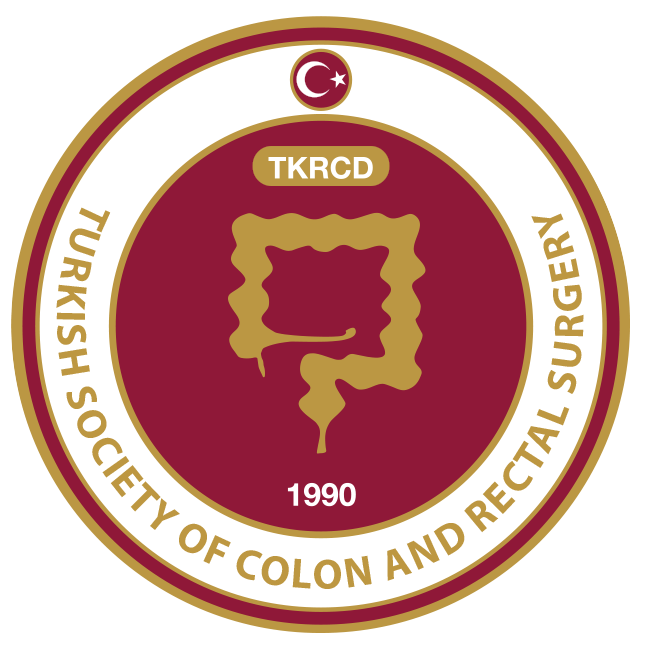ABSTRACT
INTRODUCTION:
Malign melanoma is an aggressive tumor that can be rarely encountered through the gastrointestinal tract. The most common localization is anorectal region. In this study, we aimed to evaluate the surgical and oncological outcomes of our patients undergoing surgery due to anorectal malign melanoma (AMM).
METHODS:
The medical records of 8 patients undergoing surgery due to AMM between January 2005 and June 2011 were scanned retrospectively. The patients were evaluated with regards of their demographic factors, symptom and duration, physical examination and imaging findings, surgical method, postoperative complication, histopathological findings and their results of oncological treatment and follow-up.
RESULTS:
The study group included 3 (37.5%) male and 5 (62.5%) female patients with a mean age of 59.1± 8.3 years (42-71 years). The common symptom of all patients was rectal bleeding with a mean duration of 10.75 ± 3.9 months (6-18 months). Five patients had previously received medical treatment for a long time due to hemorrhoidal disease. Anorectal mass was detected in all patients at physical examination. All biopsies were reported as malign melanoma. Abdominoperineal resection was performed to all patients. One patient died due to respiratory failure on postoperative early period. Other complications were treated conservatively. Six patients received adjuvant chemotherapy. Our median follow-up period was 27.8± 13.8 months (6-47 months). Three patients died due to multiple metastases during follow-up. Four of our patients are still tumor-free on their regular follow-up. Median survival was found as 25.1 ± 13.5 months (6-47 months).
DISCUSSION AND CONCLUSION:
AMM is similar in terms of clinical symptoms to other common benign diseases of anorectal region. Hence, differential diagnosis should be made as soon as possible due to rapid invasion of tumor. It should be noted that survival is directly related to early diagnosis. Appropriate surgical treatment and adjuvant therapy should be planned as soon as possible to improve prognosis of the disease



